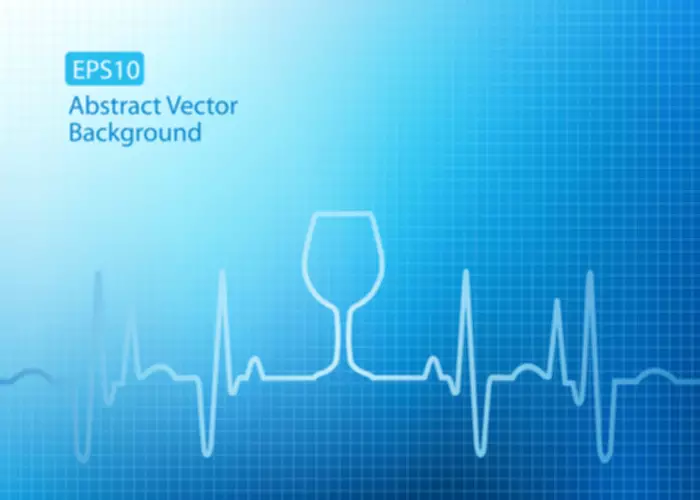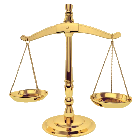Content
Alcohol impairs your attention, decision-making processes and muscle coordination. You might engage in risky behavior you wouldn’t ordinarily do. For example, driving during a hangover can be dangerous or even deadly. Hangovers usually begin several hours after you stop drinking. The symptoms can vary in intensity, depending on the person and the type and amount of alcohol consumed.
If we stuff them down rather than allow them to pass, they can solidify and cause us even more pain down the road. Notice how your feelings affect you, and allow yourself time to feel them. If certain feelings trigger the urge to drink, make a plan to give yourself some extra support when they come up. The present study contributes to the existing literature. Additionally, shame may have a reciprocal relationship with alcohol use such as the spiral effect where shame leads to increased alcohol use but alcohol use also leads to increased shame (Dearing et al., 2005).
Dealing With Shame After Drinking
I am a foreigner living in a monocultural society, so I stand out regardless of what I do. After throwing up in a train at 11pm, I am sure they were all watching. She cleaned up my throw up and took me home so I really do admire her kindness. When I got home, I just quickly threw water on my face, took off my contacts, and changed into pajamas.
I was alone and after drinking more than an entire bottle by myself I was feeling friendly so I popped into the Irish pub on my walk home (this was my big mistake, I should have just gone home). There was only one man sitting at the bar, and he recognized me as he was in the bar I work at earlier in the evening. He greeted me enthusiastically and told me to sit next to him, which I did. I quickly downed a Manhattan which was a mistake (liquor is what gets me in trouble) and when he suggested grabbing an uber to go to a bar a couple of miles away I complied enthusiastically. I don’t know how I was acting or responding to these men but I’m quite sure a few of them were trying to taking advantage of me. Next thing I remember is BOLTING down the street into some neighborhood trying to get away from the man I came here in the uber with.
How to Break the Cycle of Guilt, Shame & Regret
We talked about everything the next day calmly, but he stills rubs it in my face. I am well aware of what I did and feel bad about it, since it also happened in front of my aunt, who is like a mother to me. I know I did a bad thing, but I don’t believe in making someone feel worse than they already do. Show support for those you love and help them through the situation. Alcoholism and alcohol abuse can affect all aspects of your life.
But you probably don’t feel up to taking a walk, doing yoga, or journaling about your feelings if you’ve got a pounding headache or the room spins when you move. A 2019 study looked at 97 people with varying levels of shyness who drank socially. Researchers asked 50 of the participants to drink as they usually would, and the other 47 participants to stay sober. Alcohol use can affect your sleep, even if you don’t drink much. Even if you’ve gotten plenty of sleep, it probably wasn’t of the best quality, which can leave you feeling a bit off.
Help! I Got Drunk and Embarrassed Myself
Moreover, we only studied shame and guilt as distinct observed constructs which did not account for any interactions between shame and guilt. Thus, our findings only speak to the pattern of relationships as currently drawn. Finally, both shame and guilt were measured as trait-like constructs and these relationships may differ under state, “in-the-moment”, NA (Treeby & Bruno, 2012). Park et al. (1990) also discussed that Catholic guilt allows people to persist in life despite hardships. Conversely, shame is expected to be indirectly linked to more IC through less perseverance along the alcohol use and problems pathways. Prosocial guilt stems from the fear of losing meaningful relationships (Carni et al., 2013), which serves as a motivator for an individual to confess, apologize, and repair the damage (Lindsay-Hartz, 1984).

In general, the severity of your symptoms depends on how much you drank and for how long. Treatment providers are available 24/7 to answer your questions about rehab, whether it’s for you or a loved one. Submit your number and receive a free call today from a treatment provider. You go out why cant i control my drinking on Saturday and tell yourself you’re only going to have one cocktail. Instead, you may find yourself craving a second, third or even more drinks as time goes by. If you’re unable to manage your alcohol consumption on weekends, sometimes the best option is to stop drinking altogether.
It’s called hangover guilt
Because people dread going through detox and withdrawal, it can be a major obstacle to seeking help. Even though going through detox is not pleasant, it is important to keep the bigger picture in mind. This first step is the key to reclaiming your health and your life. I cannot emphasize enough the importance of finding your own support. If you’re experiencing alcohol-induced anxiety due to withdrawal from alcohol (like if you’ve recently stopped drinking after drinking heavily often) then it’s wise to check in with a medical professional. They might suggest medication like a sedative to help with this temporary surge in anxiety and may be able to suggest other resources for recovering from AUD.
- Some people feel guilty the morning after a long night of drinking.
- For men, that means consuming five or more drinks within about two hours, and for women, four or more drinks within a similar period.
- Now i cant leave the house because I dont want to see my neighbors.
- In my experience, this one is easier to deal with than shame.
If you’re a binge drinker or you drink every day, the risks of developing alcoholism are greater. If you often find yourself in compromising situations or engaging in risky behavior while drunk or high, you should consider seeking professional help. Look up drug rehab centers for teens or dual diagnosis treatment centers for adolescents near you.
Alcohol can also cause your folic acid levels to dip, which could explain why you don’t quite feel like yourself the next day. She explains that when endorphins, your body’s natural painkillers and feel-good hormones, are released in response to traumatic events, their levels naturally decrease over a period of several days. Whether you have one drink or five, your body eventually has to process the alcohol out of your system.





